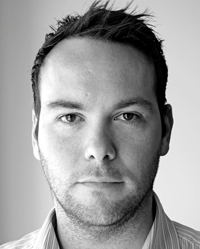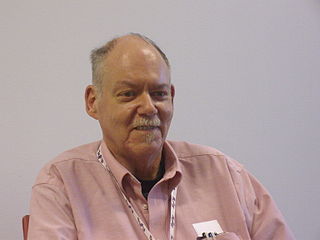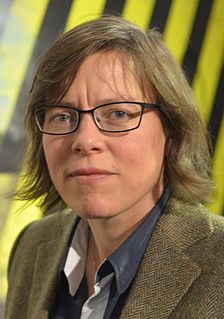A Quote by Octavia Butler
If there's any single talent a writer needs, it's persistence. If you can keep at your writing and you can learn as you write, you can tell any story you want to tell.
Related Quotes
The main rule of writing is that if you do it with enough assurance and confidence, you’re allowed to do whatever you like. (That may be a rule for life as well as for writing. But it’s definitely true for writing.) So write your story as it needs to be written. Write it honestly, and tell it as best you can. I’m not sure that there are any other rules. Not ones that matter.
Writers remember everything...especially the hurts. Strip a writer to the buff, point to the scars, and he'll tell you the story of each small one. From the big ones you get novels. A little talent is a nice thing to have if you want to be a writer, but the only real requirement is the ability to remember the story of every scar. Art consists of the persistence of memory.
I learned to separate the story from the writing, probably the most important thing that any storyteller has to learn-that there are a thousand right ways to tell a story, and ten million wrong ones, and you're a lot more likely to find one of the latter than the former your first time through the tale.
It's not necessary to tell all you know. It's not ladylike -- in the second place, folks don't like to have someone around knowin' more than they do. It aggravates them. Your not gonna change any of them by talkin' right, they've got to want to learn themselves, and when they don't want to learn there's nothing you can do but keep your mouth shut or talk their language.





































